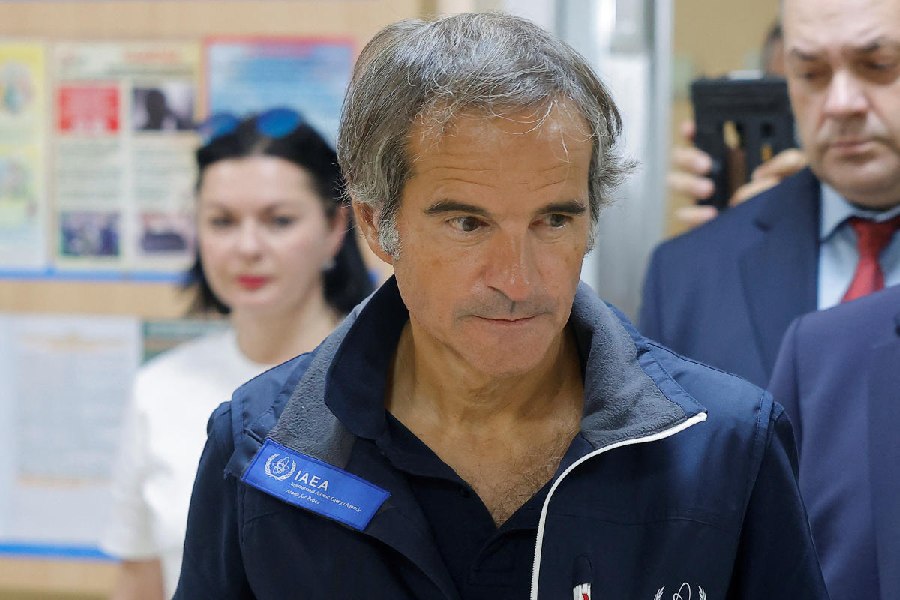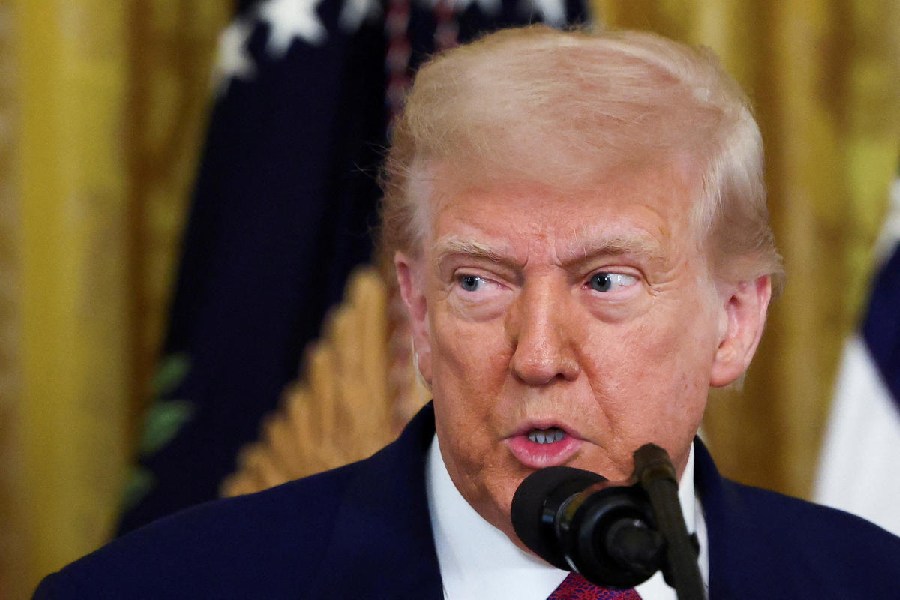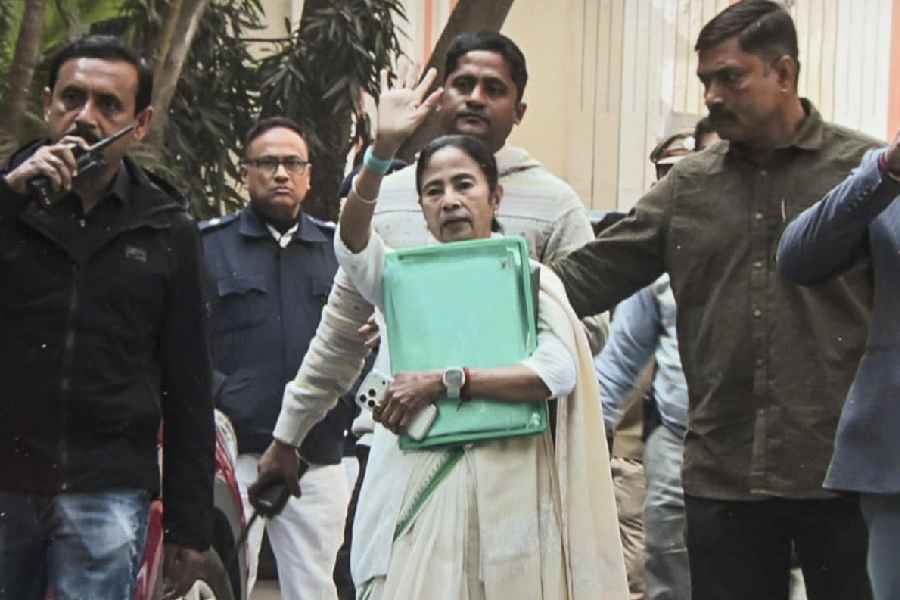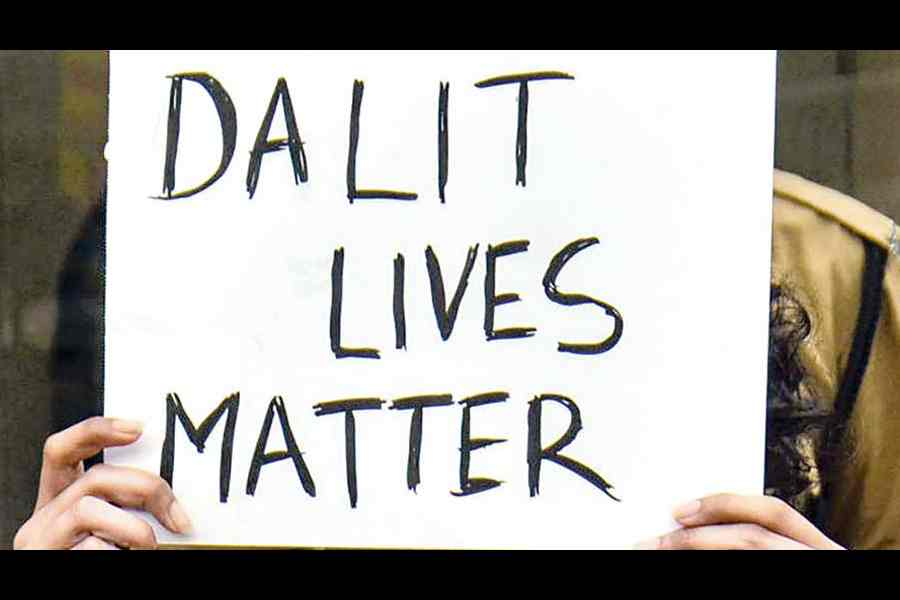Britain, France and Germany on Monday issued a joint condemnation of what they described as threats against Rafael Grossi, the director general of the International Atomic Energy Agency (IAEA), following an article in an Iranian newspaper calling for his execution.
In a joint statement, the foreign ministries of the three European countries — all parties to the 2015 nuclear deal with Iran — said: "France, Germany and the United Kingdom condemn threats against the Director General of the IAEA Rafael Grossi and reiterate our full support to the Agency and the DG in carrying out their mandate.”
“We call on Iranian authorities to refrain from any steps to cease cooperation with the IAEA. We urge Iran to immediately resume full cooperation in line with its legally binding obligations, and to take all necessary steps to ensure the safety and security of IAEA personnel,” they added.
The statement follows an article published in Iran’s hardline Kayhan newspaper — associated with Supreme Leader Ayatollah Ali Khamenei — which accused Grossi of being an Israeli Mossad agent and said he should be tried and executed if he enters Iran.
Iranian officials have not endorsed the article.
Iran’s ambassador to the United Nations, Amir Saeid Iravani, denied that Grossi faced any threats from the government, according to The Guardian. But he confirmed that Iran’s cooperation with the IAEA has been suspended.
Foreign minister Abbas Araqchi stated that Grossi is "not welcome" in Iran, accusing him of “malign action” and a “regrettable role” which contributed to Iran’s parliament voting to suspend cooperation with the nuclear watchdog.
Iranian officials have accused the IAEA of providing justification for Israel’s 12-day bombing campaign on Iran, which began on June 13, one day after the IAEA’s board declared Iran in violation of its treaty obligations.
"Misleading narratives have dire consequences, Mr Grossi, and demand accountability," said Iran's foreign ministry spokesperson Esmaeil Baghaei on June 19.
On Monday, Baghaei said that Iran could not be expected to ensure the safety of IAEA inspectors so soon after Israeli and US strikes hit its nuclear sites.
“How can they expect us to ensure the safety and security of the agency's inspectors when Iran's peaceful nuclear facilities were attacked a few days ago?” he asked at a news conference.
Baghaei confirmed that the Parliamentary bill calling for the government to end cooperation with the IAEA has now been approved by the guardian council — a security body controlled by Supreme Leader appointees — making its implementation mandatory.
"Iran shouldn't be expected to accept its obligations under the nuclear Non-Proliferation Treaty (NPT) when the UN nuclear watchdog has stopped short of condemning the attacks on Iran's nuclear sites," he added.
Iravani told CBS News on Sunday that Iran's nuclear enrichment "will never stop" as it is permitted under the NPT for peaceful purposes.
"The enrichment is our right, an inalienable right, and we want to implement this right,” he said.
He insisted Iran was ready for negotiations, but said: “Unconditional surrender is not negotiation. It is dictating the policy toward us."
While rejecting threats to Grossi, Iravani acknowledged that cooperation with the IAEA has been halted.
“They are in Iran, they are in safe conditions, but the activity has been suspended. They cannot have access to our site… our assessment is that they have not done their jobs,” he said. “If they [the U.S.] are ready for negotiation, they will find us ready for that. But if they want to dictate us, it is impossible for any negotiation with them.”
He added that Iran is open to transferring its enriched uranium stocks — including 20 per cent and 60 per cent enriched uranium — to another country or keeping it in Iran under IAEA supervision, should they reach an agreement with the US.
He stressed Iran would not renounce its right to enrich uranium.
The dispute over Iran’s nuclear program intensified following the recent US airstrikes on three Iranian facilities, with President Donald Trump declaring that the targets had been "totally obliterated."
IAEA chief Grossi told CBS that while the damage was “very serious,” Iran’s enrichment capabilities could recover within months.
“The capacities they have are there… They can have, you know, in a matter of months, I would say, a few cascades of centrifuges spinning and producing enriched uranium,” he said. “Frankly speaking, one cannot claim that everything has disappeared and there is nothing there.”
Trump, speaking to Fox News’ Maria Bartiromo on Sunday, denied reports that Iran had moved 400 kg of 60 per cent enriched uranium from the Fordow site ahead of the strikes.
“It’s very hard to do, dangerous to do, it’s very heavy, plus we didn’t give them much notice because they didn’t know that we were coming,” Trump said, speculating that construction vehicles seen near Fordow were sealing up the facility. “There are thousands of tons of rock in that room right now. The whole place was just destroyed.”
The Washington Post has reported on intercepted Iranian communications in which senior officials said the damage was not as severe as they had feared.
Responding to the report, White House press secretary Karoline Leavitt said: “The notion that unnamed Iranian officials know what happened under hundreds of feet of rubble is nonsense.”
Iran’s armed forces chief of staff, Abdolrahim Mousavi, reportedly told the Saudi defense minister that Tehran doubted Israel would honor the recently brokered ceasefire.
“Since we are completely doubtful about the enemy honoring its commitments, including the ceasefire, we are prepared to give it a tough response in case of recurrence of an act of aggression,” Mousavi said, according to Turkey’s Anadolu agency.
“We did not initiate war, but we responded with all our power to the aggressor.”











